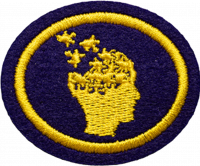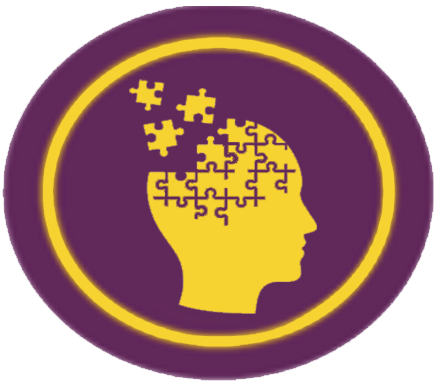AY Honor Adolescent Mental Health Response Requirements used by North American Division
Skill Level
2
Year
2024
Version
18.02.2026
Approval authority
North American Division
1. Participate in a group discussion on what is mental health and why it is important.
2. Describe some common mental health concerns among adolescents.
3. Individually research mental health statistics among adolescents. Draw a graph demonstrating and comparing mental health in general, globally and in your home country, by age group. Look at the same statistics, as available, over a ten-year period. What has changed and what have been the trends?
4. What are some factors that adversely impact mental health in adolescents and what can you do to minimize the negative impact on your mental health? What are some factors that positively impact mental health in adolescents and how can you incorporate these into your daily life? Based on your findings, reflect on the following options, and select two to role-play with your small group or class:
- What makes you happy, sad, scared, intimidated?
- How does peer pressure affect you and what can you do when feeling pressured?
- How does social media, online bullying, and inappropriate online sharing impact young people? Have you been affected by that?
5. In general, what are some common warning signs of mental health concerns in adolescents? What are some appropriate steps to take to seek help? Research available resources.
6. Adolescents dealing with mental health issues often face bullying and negative attitudes (also called “stigma”) from others.
- a. Define “stigma” and discuss some real-world examples of others being stigmatized.
- b. Find two Bible stories, one in the Old Testament and one in the New Testament, where someone was stigmatized.
- c. Discuss a story that demonstrates how Jesus dealt with those that had been stigmatized.
7. Learn some practical ways to improve and maintain good mental health. Choose one of these ways and complete this activity for three weeks.
8. Identify four Bible characters or stories who experienced periods of deep discouragement or depression and discuss how God encouraged and supported them in their time of need. Debate if we, as followers of Christ, are free from anxiety and depression. Memorize 2 Corinthians 4:8, 9, 18.
9. God has given us many wonderful promises. Bookmark or highlight the following Bible promises:
- Matthew 6:34
- Philippians 4:6-7
- 2 Timothy 1:7
- Isaiah 41:10
- Joshua 1:9
- John 14:27
- Psalm 55:22
- 1 Peter 5:6-7
- Proverbs 12:25
- Proverbs 17:22
- Other Bible promises (as approved by your instructor)
Using at least three of the Bible promises, create a bookmark, a flyer, a media clip or other gift to share encouragement with someone else.


